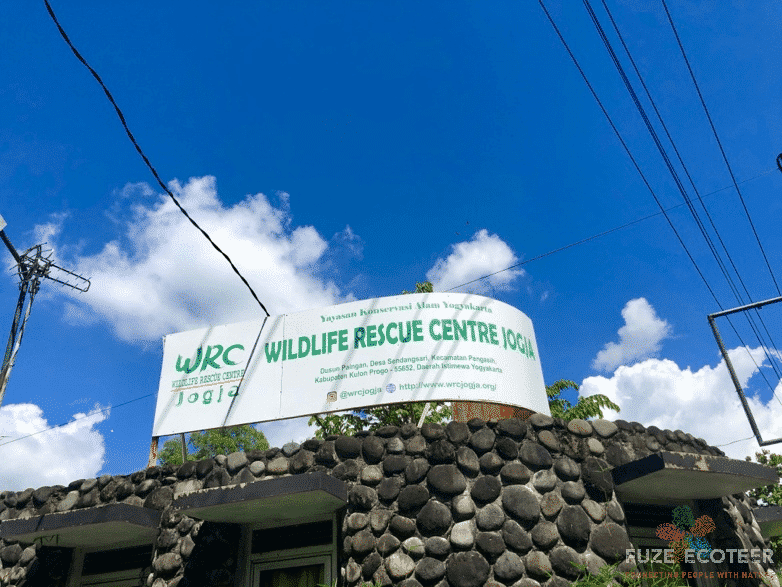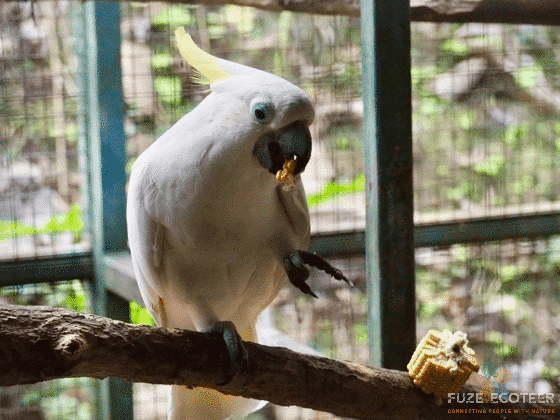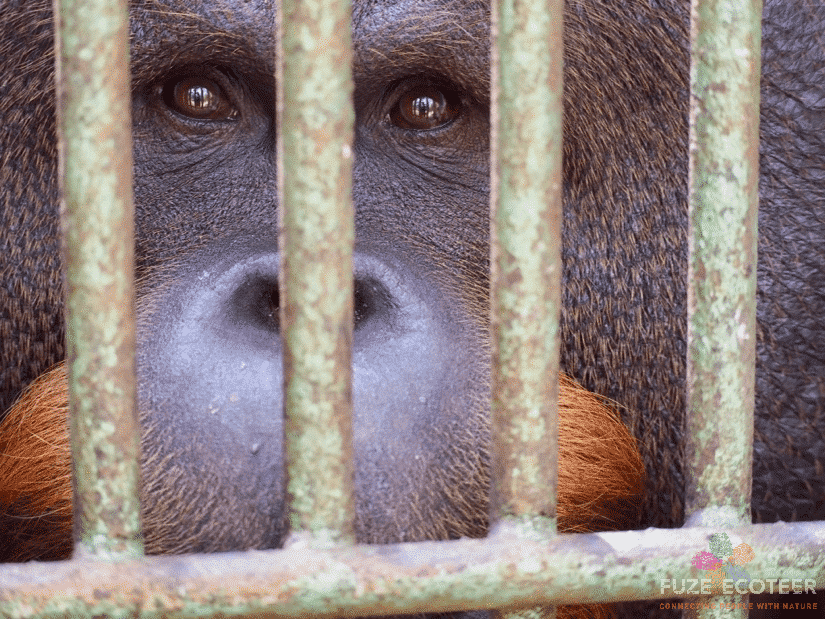Editor’s preface:
At Fuze Ecoteer, something we think is important for us to understand about wildlife, and that is easy to forget, is that wildlife is only vulnerable and at-risk because of us: humans. Without us, wildlife would be fine. The Malayan tiger would not be critically endangered if it weren’t for human habitat destruction and poaching; bison would still roam the great plains of North America in their millions; and the humble dodo would still exist. As conservationists, we therefore have two jobs: to stop humans harming wildlife, and to protect wildlife from humans.
On this day, 3 March 2020, the world celebrates the UN observed World Wildlife Day. It is a rare opportunity for everyone to momentarily forget our anthropocentric existence and embrace all living things on planet Earth. Scientists now believe that humans have been around for about 200,000 years, and when compared to the 3.5 billion years of living things on Earth, that makes us only a speck of ink in the great novel of life. I pray that we are not to be a full stop.
To celebrate World Wildlife Day 2020 and the start of a vital decade for wildlife, we would like to tell you about a project we sponsor, the Wildlife Rescue Centre, Indonesia, and highlight all of the great work they do to rehabilitate and nurse injured animals.
Author: Hannah Griffiths
Indonesia covers only 1% of the Earth’s land surface but holds 10% of all known plant species (40% are endemic to Indonesia), 12% of known mammal species and 17% of all known bird species! Indonesia has more species of mammals than any other country in the world, yet it also has the most threatened species. We want to celebrate the Wildlife Rescue Centre (WRC) in Jogja for its contribution to helping conserve Indonesia’s rich and precious biodiversity.

The WRC’s main focus is protecting Indonesia’s wildlife; they currently house over 150 animals who have come to the illegal wildlife trade. Species include Borneo orangutan, cassowary, siamang, binturong, crested serpent eagles, white-bellied sea eagle, salt-water crocodile, long-tailed macaque, pig-tailed macaque, owa gibbon, sulphur crested cockatoo, Malaysian giant turtle, South East Asian box turtle, sambar deer, and many more!

Animals come to the WRC from government seizures and citizen submissions. One orangutan came to the WRC after government forces found him in a restaurant in Solo, central Java. He was kept as a symbol of status and power within the community. Gogon, the orangutan, was kept in a tiny cage where he could hardly move but, now he has room to swing and climb as well as throw his tires. Sadly, Gogon shows unnatural orangutan behaviours such as clapping and spends lots of time on the ground. Gogon has also been victim to health problems most likely caused by a lack of care from his owner however, the amazing vet team at the WRC has now cured him of all health issues. There is still hope for Gogon that he can be rehabilitated or translocated to an orangutan specialized rehabilitation centre. The Borneo orangutan is listed as ‘Critically Endangered’ by the IUCN for many reasons, but one is the illegal wildlife trade.

In 2004, a citizen who lived near to the centre came in to submit his pet southern pig-tailed macaque, Simon. Simon has spent his whole life around humans and as a result will unfortunately be unable to return to the wild. Simon loves all people especially women; he likes men also but not all of them as some probably remind him of his owner. As he cannot be released, Simon will spend his life at the WRC where he receives daily care, the correct nutrition, and enrichment. Southern pig-tailed macaques are vulnerable and decreasing according to the IUCN and one reason for this is the illegal pet trade.
The WRC recognizes the impact of the illegal wildlife trade in Indonesia and does all they can to raise awareness to bring it to an end. This World Wildlife Day stand with the WRC and bring an end to illegal poaching and trafficking of Indonesia’s valuable wildlife.
If you’re interested in volunteering at the Wildlife Rescue Centre or any of our other project sites, you can check them out here or enquire at adventure@fuze-ecoteer.com. For more blog posts about nature and wildlife in Southeast Asia, head over to Fuze Ecoteer’s nature blog.